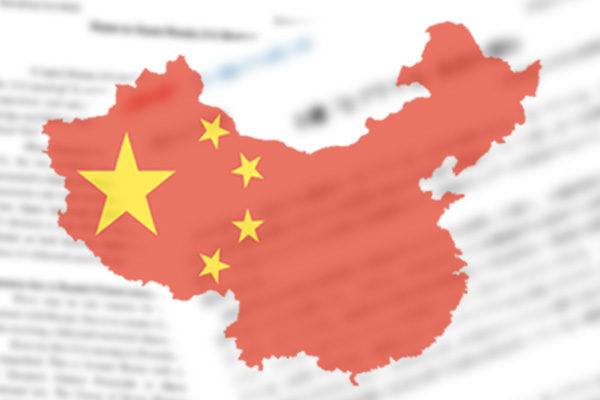A 10-year-old boy attending a Japanese school in Shenzhen, Guangdong Province, China, has recently been stabbed to death by a Chinese man, stirring an outpouring of deep grief. Resentment is growing against the Chinese authorities’ cover-up habit that turns a blind eye to inconvenient facts and the Japanese government’s unwillingness to thoroughly protest against the incident and prevent such an incident from recurring. As recently as June, a Japanese preschool boy and his mother were slashed in Suzhou, Jiangsu Province. If the two incidents targeted Japanese, enhanced security for Japanese residents in China alone would not lead to any fundamental solution.
Tokyo should advise people to stop non-essential travel to China
As in the previous case, the Chinese authorities have not revealed any motive for the latest attack. Rather, a Chinese Foreign Ministry spokesperson told a press conference that “similar incidents can happen in any country,” disregarding human life. There is no country other than China where Japanese children are killed or injured in a row. Unless the motive for the attack is unraveled and the root cause is eradicated, a third incident could occur.
Do the Chinese authorities hide the motive because it was anti-Japan sentiment pretending as patriotism? Given that the Shenzhen incident came on September 18, the day of the Liujo Lake Incident which triggered the Manchurian Incident, the deceased boy could be viewed as a victim of China’s anti-Japan education. Since the Tiananmen Square massacre in 1989, the Chinese government has maintained its centripetal force with patriotic education instead of a communist ideology that has lost its authority. Such education has instilled hatred of Japan among Chinese people.
Nonetheless, a spokesperson for China’s Foreign Ministry commented with a blank face that the incident would not affect China-Japan exchange or cooperation. This is because Beijing fears that the incident could further spur the flight of foreign capital from China amid the current economic downturn. Toyota Motor Corp., Fujitsu Ltd. and others have established operations in Shenzhen. If Japanese companies began to withdraw from Shenzhen, it could lead to a chain reaction to other foreign firms.
This is no time for Prime Minister Fumio Kishida or Foreign Minister Yoko Kamikawa to make abstractive remarks to the effect that the government would ask Beijing to prevent the recurrence of such an incident. Unless the Chinese Communist Party changes its propaganda education for anti-Japan nationalism, Japan should quickly take self-defense measures. The Ministry of Foreign Affairs of Japan should immediately raise the risk level of travel to China from zero at present to Level 2 to call for the suspension of non-essential travel to China. Depending on future developments, the government should encourage Japanese businesspeople and their families in China to return home in order to clearly demonstrate Japan’s determination. In doing so, the government should provide support for housing, education, and other services for those returning to Japan.
Cooperate with Western companies doing business in China
There have been a series of other incidents in China in which foreigners have been attacked. In June, four instructors dispatched from U.S. Cornell College to a university in Jilin City, Jilin Province, were stabbed by a man with a knife. Then, the Chinese government only emphasized it an accidental incident and declined to elaborate.
In China, the employment and income situation has deteriorated due to the prolonged economic recession, leading to concerns about social unrest. It may be easy for some Chinese to vent their frustrations to foreigners. In the wake of the Shenzhen incident, Japan should urge Western companies doing business in China to cooperate in calling on the Chinese government to eradicate the root cause of such crime. It is time for the Japanese government to take tangible action to prevent further tragedies.
Hiroshi Yuasa is a Planning Committee member and a senior fellow at the Japan Institute for National Fundamentals. He is also a columnist for the Sankei Shimbun newspaper.


